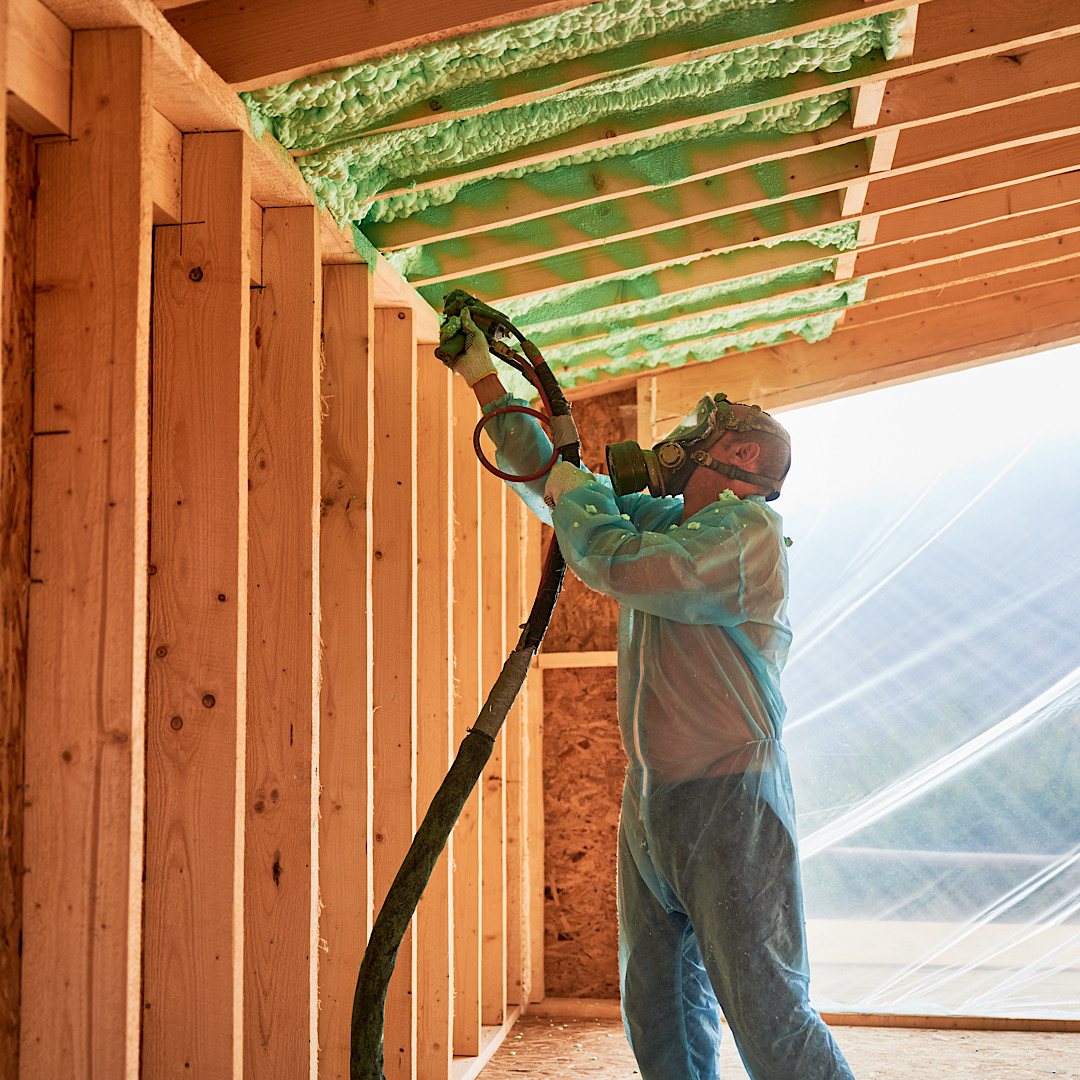
In the world of commercial real estate, updating insulation plays a crucial role in improving overall energy efficiency and reducing operational costs. As businesses increasingly prioritize sustainability, the benefits of investing in high-quality insulation for commercial settings become more apparent. This article explores the advantages of upgrading insulation in commercial buildings, focusing on energy efficiency, cost savings, and enhanced environmental impact.
Understanding the Impact of Insulation on Energy Efficiency
Proper insulation in commercial buildings is fundamental in maintaining temperature control and reducing the load on heating and ventilation systems. Effective insulation acts as a barrier to heat flow and is essential for keeping a building warm in the winter and cool in the summer. By upgrading insulation, businesses can significantly decrease the amount of energy required to heat and cool their spaces, leading to reduced energy consumption and lower utility bills.
Key Benefits of Insulating Commercial Buildings
Reduced Energy Costs: The primary benefit of upgrading insulation is the reduction in energy costs. Buildings with outdated or poor insulation use more energy to maintain comfortable temperatures, which can lead to high utility bills. By improving insulation, businesses can see a significant decrease in these costs, often resulting in substantial savings over time.
Enhanced Comfort for Occupants: Proper insulation helps maintain a consistent indoor temperature, which can improve comfort for occupants. This is particularly important in commercial settings like offices, retail spaces, and warehouses, where comfort can directly impact productivity and customer satisfaction.
Extended HVAC Lifespan: When a building is well-insulated, heating and cooling systems do not have to work as hard to maintain the desired temperature, leading to less wear and tear over time. This can extend the lifespan of HVAC systems, reduce maintenance costs, and decrease the frequency of repairs or replacements.
Increased Property Value: Commercial properties with upgraded insulation are often more attractive to potential buyers and tenants. Energy efficiency is a key selling point in today’s real estate market, and buildings that boast modern, efficient insulation can command higher prices and rental rates.
Reduced Environmental Impact: By reducing energy consumption, commercial buildings contribute less to greenhouse gas emissions, aligning with global efforts to combat climate change. Businesses can also use their commitment to sustainability as a selling point, enhancing their public image and appeal to environmentally conscious consumers and partners.
Considerations for Insulating Commercial Buildings
Type of Insulation: The choice of insulation material should be based on the specific needs of the building and its climate. Options include spray foam, rigid foam boards, and fibrous materials like fiberglass and mineral wool, each offering different levels of thermal resistance and benefits.
Installation: Proper installation is critical to maximizing the effectiveness of insulation. It’s advisable to hire experienced professionals who understand the unique challenges of insulating commercial spaces, such as large open areas, high ceilings, and complex HVAC systems.
Regulations and Standards: Compliance with local building codes and environmental regulations is essential when upgrading insulation in commercial buildings. These standards are designed to ensure safety, efficiency, and environmental protection.
Strategic Implementation for Best Results
Implementing insulation upgrades should be part of a broader energy management strategy that includes assessing current energy use, identifying inefficiencies, and prioritizing improvements. This holistic approach ensures that insulation upgrades work in concert with other energy-saving measures, such as upgrading lighting systems, installing energy-efficient windows, and implementing smart building technologies.
Upgrading insulation in commercial buildings is not only a smart financial decision but also a critical step towards sustainability. By enhancing energy efficiency, reducing operational costs, and minimizing environmental impact, businesses can enjoy a competitive edge while contributing to a more sustainable future.